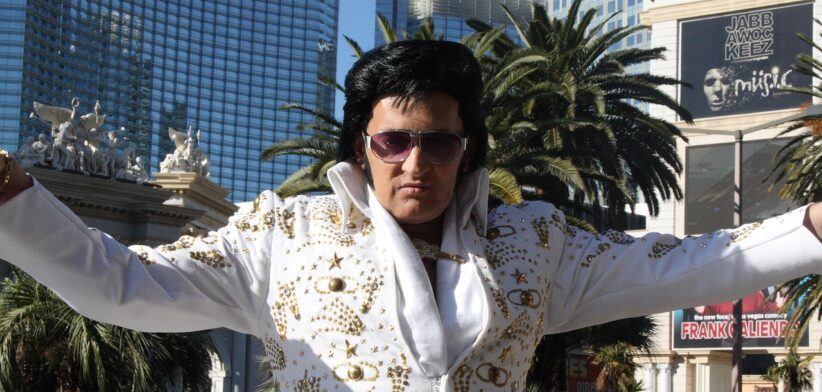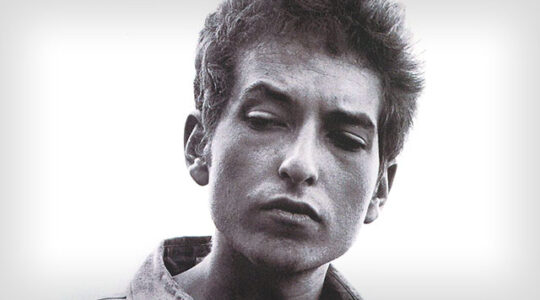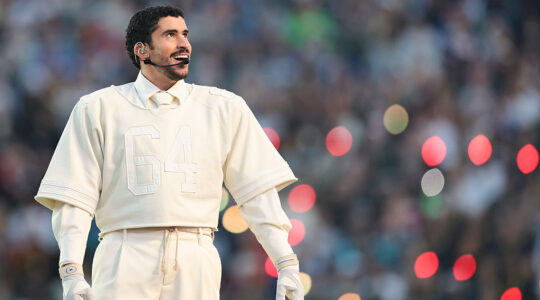By Shane Rodgers
In the 1990s I read that, if the prevailing growth continued, by 2030 one in every five Americans would be an Elvis Presley impersonator.
I think it was a joke. But now I’m not so sure. I’m perplexed. I’m all shook up.
You see, in trawling all the music acts touring Australia in recent months, there seems to be a dearth of real people. Instead, we have imitations of real people doing tributes to real people dressed as real people and singing their songs pitch perfectly to adoring crowds.
It seems that as the revered music acts of the sixties, seventies and eighties steadily exit stage left, we are needing to find new versions of the same people rather than actual new people.
In recent months there have been at least four Elvis acts touring, three lots of Beatles (some at the same time as Paul McCartney who used to be an actual Beatle, and a Wing), two Michael Jacksons, two Abbas, an Elton John (tossed in with a bonus Billy Joel) and a single George Michael.
If that doesn’t float your boat there was a Fleetwood Mac, an INXS, a Whispering Jack (John Farnham), a Dolly and Kenny, some Bee Gees, a Robbie Williams, a Joe Cocker, a revival of Credence Clearwater Revival and a group of talented women doing the music of Karen Carpenter.
If you still have not had your tribute fix, you can look out for the Roy Orbison, some imitation Queen and Eagles, a Rod Stewart and a James Taylor (its actually the real James Taylor so I don’t know how he slipped through the net. Maybe no tribute James Taylors were available).
I’m not sure this is a bad thing. From my experience, most of these tribute acts are genuinely brilliant and bring back youthful energy to some of the so-called soundtracks of our lives.
But are they meant to be nostalgia acts or are they a reflection of the difficulty new music acts have in breaking through to a level where they can fill largish venues?
And if the tribute acts are this good, why do they have to perform as somebody else where they are inevitably judged on how well they can replicate another person? As somebody else they get cheers and screams. As themselves, you probably would not pick them out in a police lineup.
The even bigger question is whether the tribute boom is just a nostalgia thing as real acts age and audiences want to recapture their youth. Or was there some sort of golden age of rock and pop music over several decades that will continue to be replicated for hundreds of years.
When we listen to classical music, the compositions of Bach, Mozart and Beethoven still tend to dominate, even though they date back to the 1600s and 1700s.
When humans head to clubs in the 2060s, will they still be able to see replica Beatles and tribute Elvises wearing big jump suits and handing out scarves?
Anything is possible. The remaining real Beatles can still cobble together an old cassette tape and create a number one record more than 50 years after their golden era.
Elvis has never really left the pop culture A-team and I noticed when I went to an Elvis tribute act last year that there were quite a few people under 40 in the audience.
This has obviously been helped by a couple of Elvis movies. At the show, the Elvis tribute artist Steve Michaels, who looks a bit like 70s Elvis in the right light, said an 11-year-old at one of his concerts had criticised him for looking nothing like Austin Butler!
Shane Rodgers is an author and writer with a particular interest in social and popular culture, and workplace change.








